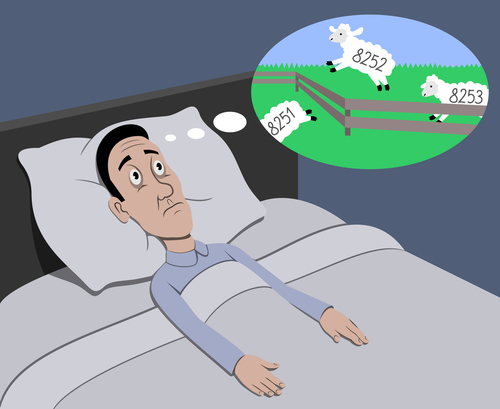
Sleep is an important aspect of everyone’s life and we just cannot ignore its vitality in our lives. We’ve probably disrupted our sleep patterns more than anything else and it is just something that you wished you’d never done at any point in time in your life.
Disrupting your sleeping patterns is something that can wreak havoc on your body and habitually not getting enough sleep can lead to long-term health consequences.
In this post, I’m going to highlight 5 ways sleep can affect you and 6 things you can do about it.
Everyone can experience problems with sleep from time to time. However, you might have a sleep disorder if:
We are drinking infusions, eating superfoods, taking expensive supplements to keep our immunity intact during these tough times, and ignoring the importance of our sleeping cycle. Just focusing on sleep and following the Circadian rhythm can improve your immunity. The reason is that when you sleep your immune system goes to work. Sleep helps your immune system remember the invaders or pathogens, which makes it more efficient in dealing with them in the future. When you sleep important hormones like melatonin are produced which can help the brain function and fight inflammation.
How Can You Improve Sleep and Strengthen Your Immune System?
There are also several apps and treatments available online for different sleeping disorders such as Apnea. You can visit https://sleepingtest.com/ to determine if you suffer from this disorder and what treatments are available for your specific case.

Over the last 10 years Ed has been building a YouTube library to help people manage their own pain or movement limitations and increase performance through exercise. He regularly adds videos so be sure to subscribe and visit regularly


"Oh My Gosh- I am ALREADY feeling relief after a few days! I used to wake up 2-3 times a night with shooting pain that anti inflammatories couldn't touch. Now I have been waking up just because I want to notice what it feels like to lay in bed pain free- THANK YOU!."

"When I first started with your program I was experience a lot of pain. Walking was difficult. I had to stop and catch my breath every few minutes and lean against a wall for support. Now when I walk with my husband we go for over an hour. I never had to sit down and stop...and, hardly any pain!!! 😊😊 I can’t thank you enough."
Frustrated that you aren't recovering fast enough?
Discover how to heal from illness and injury using movement, food and lifestyle.
Leave a Reply